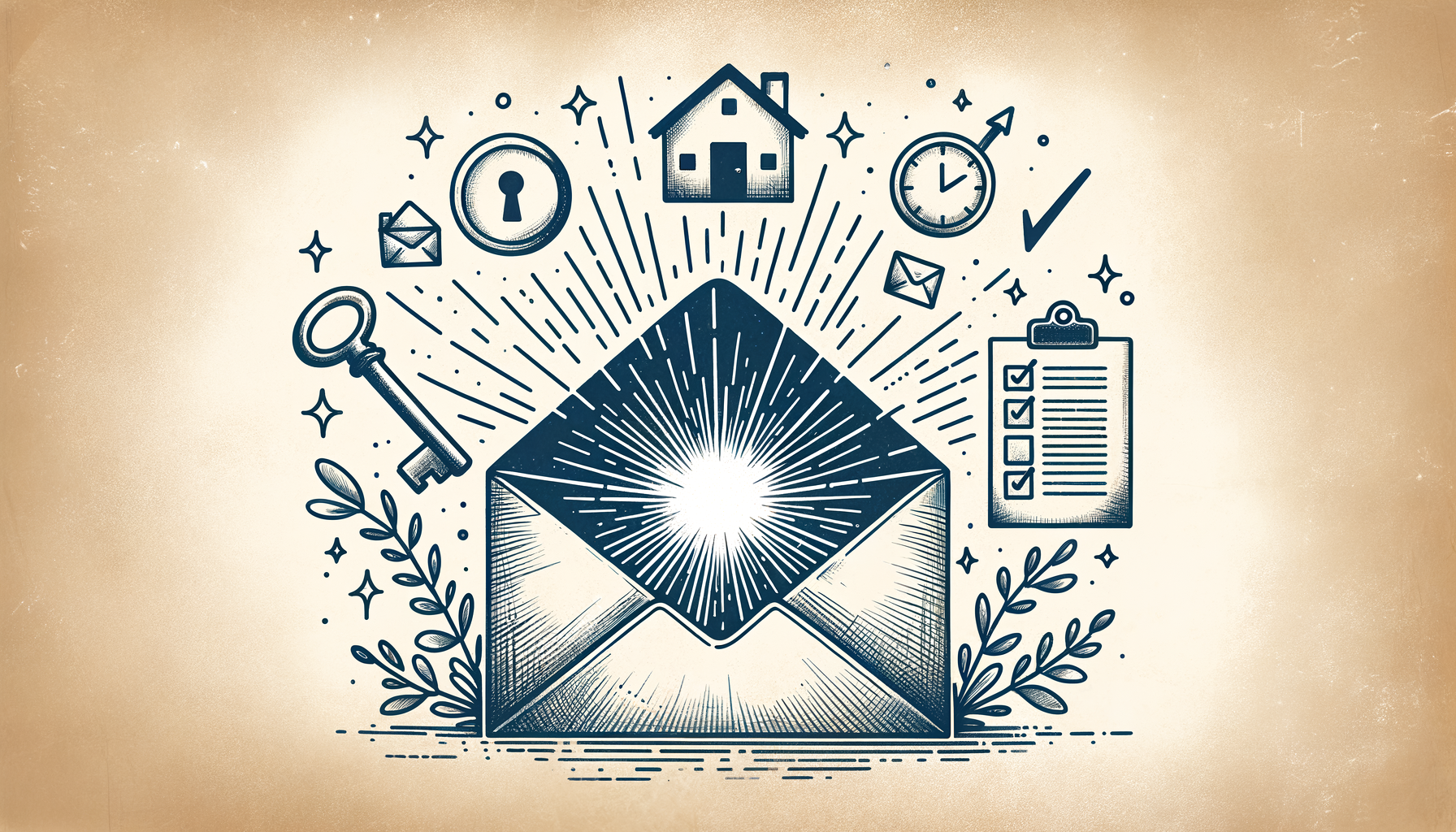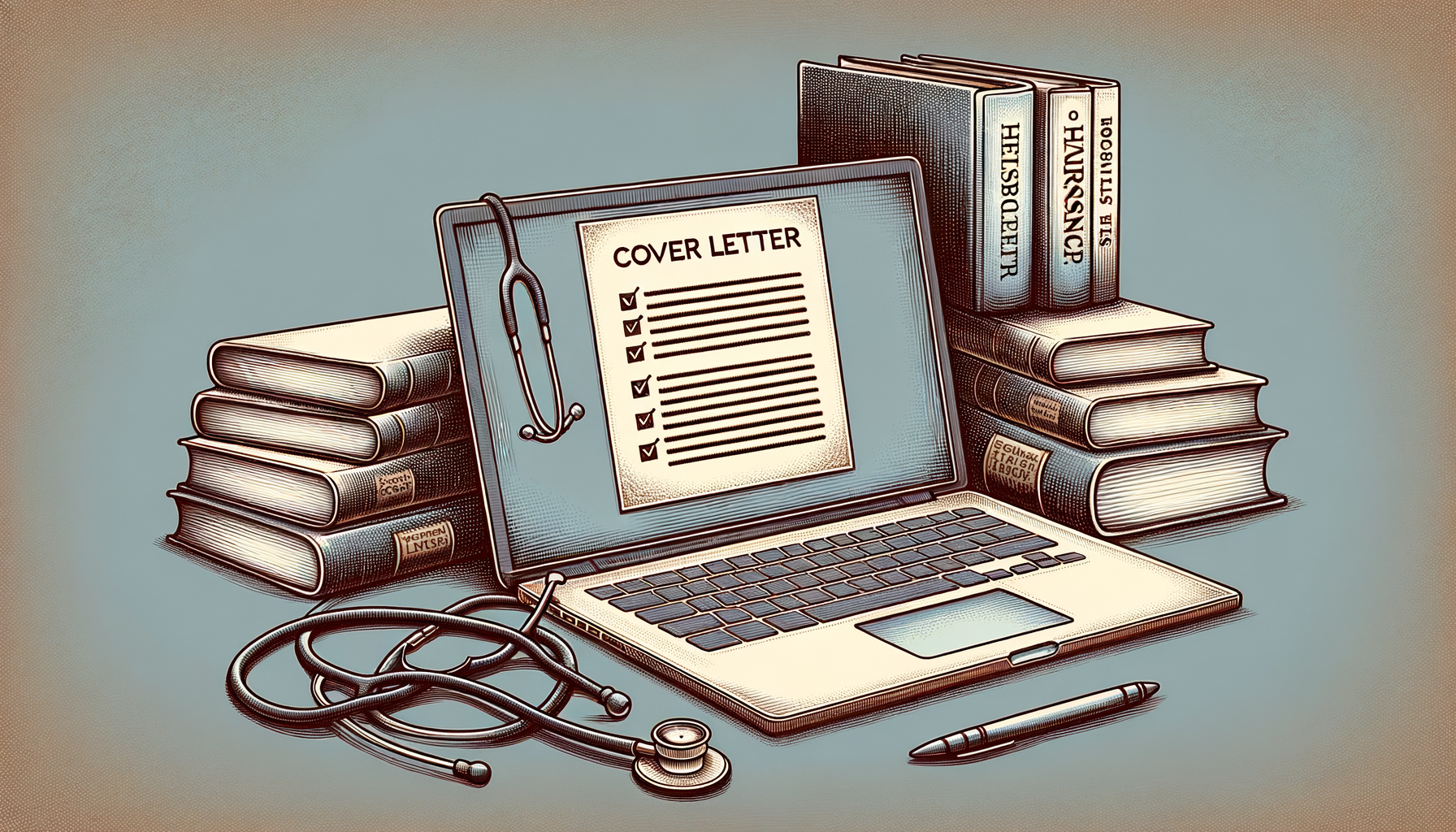When preparing for a job interview, one common question that often catches candidates off guard is, "What are your hobbies?" While it may seem like a simple inquiry, your response can reveal a lot about your personality, work ethic, and cultural fit within the company. Understanding how to answer this question effectively can help you stand out and leave a positive impression on your interviewer. This guide will walk you through the best strategies to craft a thoughtful and relevant answer that aligns with your career goals and the job you’re applying for.
Understanding How to Answer "What Are Your Hobbies?" in an Interview
Answering the question about your hobbies in an interview is more than just listing activities you enjoy in your free time. It’s an opportunity to showcase your soft skills, interests, and how you balance work and life. The key is to provide an answer that is genuine, relevant, and demonstrates qualities that employers value.
When preparing your response, consider these important angles:
- How your hobbies reflect your personality and values
- Ways your hobbies demonstrate transferable skills like teamwork, creativity, or discipline
- How to connect your hobbies to the company culture or job role
- Balancing honesty with professionalism in your answer
- What to avoid mentioning to keep your response appropriate and positive
How to Answer "What Are Your Hobbies?" in an Interview - Step by Step
Answering this question effectively requires a thoughtful approach. Follow these five steps to craft a compelling response that resonates with your interviewer and supports your candidacy.
Step 1: Reflect on Your Genuine Interests
Start by thinking about the hobbies you truly enjoy and spend time on regularly. Authenticity is key because interviewers can often tell when answers are rehearsed or insincere. Choose hobbies that you are passionate about and can speak about confidently.
Step 2: Identify Skills and Qualities Your Hobbies Showcase
Consider what your hobbies say about you beyond just the activity itself. For example, playing team sports can highlight teamwork and leadership skills, while creative hobbies like painting or writing can demonstrate creativity and attention to detail. This step helps you connect your personal interests to professional attributes.
Step 3: Align Your Hobbies with the Job and Company Culture
Research the company’s values and the job description to find hobbies that complement the role or workplace environment. For instance, if the company values innovation, mentioning hobbies that involve problem-solving or learning new skills can be advantageous. Tailoring your answer shows you’ve done your homework and are a good cultural fit.
Step 4: Keep Your Answer Concise and Positive
While it’s important to be detailed, avoid rambling or listing too many hobbies. Pick two or three that best represent you and keep your explanation positive and professional. Avoid controversial or overly personal hobbies that might distract from your qualifications.
Step 5: Practice Your Response
Rehearse your answer to ensure it flows naturally and confidently. Practicing helps reduce nervousness and allows you to refine your message. However, be careful not to sound robotic—maintain a conversational tone to engage your interviewer.
What You Need to Remember
Beyond the step-by-step guide, there are essential do’s and don’ts to keep in mind when discussing your hobbies in an interview. These points will help you avoid common pitfalls and maximize the impact of your answer.
Do’s
- Do choose hobbies that reflect positively on your character and work ethic.
- Do relate your hobbies to skills or traits relevant to the job.
- Do keep your answer brief but informative, aiming for about one to two minutes.
- Do show enthusiasm and genuine interest when talking about your hobbies.
- Do prepare examples or stories that illustrate how your hobbies have helped you develop professionally or personally.
Don’ts
- Don’t mention hobbies that could be controversial or polarizing.
- Don’t exaggerate or fabricate hobbies just to impress the interviewer.
- Don’t focus solely on passive hobbies like watching TV or playing video games without highlighting any skills or benefits.
- Don’t neglect to connect your hobbies back to the job or company culture.
- Don’t forget to maintain professionalism even when discussing personal interests.
Following these guidelines can significantly improve your chances of making a memorable and positive impression. Interviewers often appreciate candidates who can balance professionalism with personality, and your hobbies are a perfect way to demonstrate that balance.
Frequently Asked Questions
- What if I don’t have any hobbies?
It’s okay to be honest. You can mention interests or activities you’re exploring or skills you’re developing outside of work, such as learning a new language or volunteering. - Should I mention hobbies unrelated to the job?
You can, but try to highlight aspects of those hobbies that demonstrate transferable skills or positive traits. - How detailed should my answer be?
- Keep your answer concise—about one to two minutes is ideal. Focus on quality over quantity.
- Can I mention social media or gaming as hobbies?
Yes, if you can explain how they develop skills like creativity, strategy, or communication. Avoid sounding like you spend excessive time on passive entertainment. - Is it okay to mention team sports?
Absolutely. Team sports often showcase teamwork, leadership, and discipline, which are highly valued by employers.
Conclusion
Answering the question "What are your hobbies?" in an interview is a valuable opportunity to reveal your personality and demonstrate qualities that make you a strong candidate. By reflecting on your genuine interests, connecting them to relevant skills, and tailoring your response to the job and company culture, you can craft an answer that impresses your interviewer. Use the step-by-step guide provided here as a starting point to prepare your response confidently and authentically. With practice and thoughtful preparation, you’ll be ready to turn this common interview question into a powerful asset in your job search.






